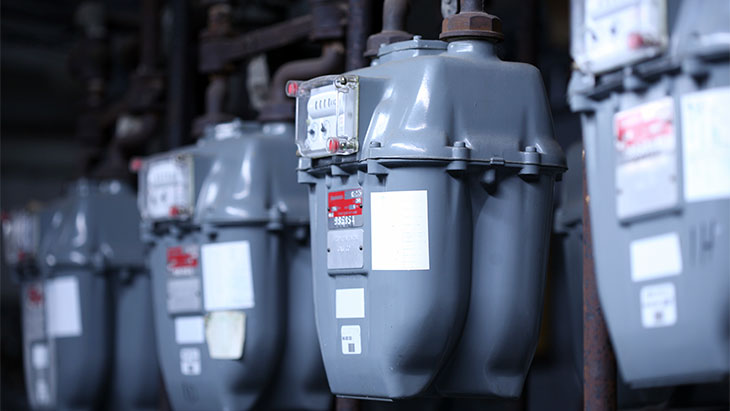The AFEER Association of Electricity and Gas Suppliers asks specialists “from the entire energy sector to participate in consultations related to developments, as well as decisions regarding the Romanian energy market” and proposes reducing or waiving VAT on electricity and gas and exempting upon payment of the excise duty, it is shown in a release sent to Energynomics.
In this regard, AFEER sent an open letter to the competent authorities of the Government and Parliament, requesting “partial coverage of the utility bill through the urgent adoption of the Law on Vulnerable Consumers.”
”In light of the new major changes in the energy market, discussions and consultations on the Energy Strategy, the Integrated National Energy Plan – Climate Change, the amendment of the energy law, the protection of the vulnerable consumer are taking place within the responsible institutions. In this context, we appeal because we want the experience and expertise of specialists in the field and, even more so, of those working in the field of electricity and gas supply, to be much better used by the representatives of the authorities,” says Ion Lungu, executive director of AFEER.
During this period, we are witnessing a significant increase in prices, both on the European and on the national market. In addition to the increase in energy demand (electricity and natural gas), determined by the resumption of economic activity at levels similar to those before the pandemic period (a situation that led to economic growth in the European Union, as well as in Romania), there was an increase in prices where emission allowances are traded (even over 57 euro) as a result of EU Member States’ commitments to make the transition to clean and sustainable energy sources, which has led to a significant increase in electricity and gas prices.
“AFEER reiterates that it is particularly important that this situation is properly explained, especially to the general public. Suppliers are not the cause of price increases, but, on the contrary, they are the most exposed, being the last link in front of the consumer. The suppliers are also the ones who try to support the customers, in order to protect them as much as possible in the face of the price increases on the wholesale energy market,” the association’s officials also says.
Market disturbances are found in most European countries, but in Romania, the effect of a supply below the level of demand is added, due to the deficit of investments in recent years in new energy production capacities.
“Over time, there have been several major causes that have led to an extreme limitation, even a halt in investment in new electricity generation capacity, such as state intervention, including through primary and secondary regulations, which have led to a obvious distortion of the market, but which also generated a very low level of recovery of possible investments, which led private investors to revise their plans. On the other hand, the Government, as the owner of most of the energy producers and the transmission network, has not been able to access European non-reimbursable funds through the National Investment Plan (PNI), a program in which important funds remained unspent, so that no new production capacity emerged, and the transmission network remained with a reduced capacity in many regions of interest for investment in generation. In addition, the frequent and substantial changes of the legislation have prevented, once again, the investments in the field “, adds Ion Lungu.
AFEER stated that there are currently barriers to resuming investment in the energy sector: long delays in transposing European legislation, legislative changes on taxation or the market, long delays in implementing new public funding programs (such as the Modernization Fund), ambiguities in interpretation of the regulations adopted (such as those on long-term bilateral contracts, although these are not only allowed but encouraged by European legislation), ambiguities on the future of Black Sea gas resources (given that estimates are that in 10 years, Romania is depleting its natural gas reserves, and this year’s imports have increased almost 3 times compared to 2020), ambiguities between the total volume of theoretically installed capacities and that of truly functional capacities (which implicitly determines the blocking of technical approvals connection due to non-functional units).
“It should also be mentioned that many investment projects have solutions to connect with the mandatory strengthening of the network, which implies a significant increase in costs for investors, the consequences reaching the end of investments. In addition, there is a reluctance of the banking sector to finance projects that have not fully covered the risks, to which are added financing costs higher than those charged in other European countries.
“All this has led to a deficit of energy generation capacity, so that Romania has problems in ensuring its consumption from domestic production, which has made it, in recent years, from an exporter, to become a net importer of electricity.”
